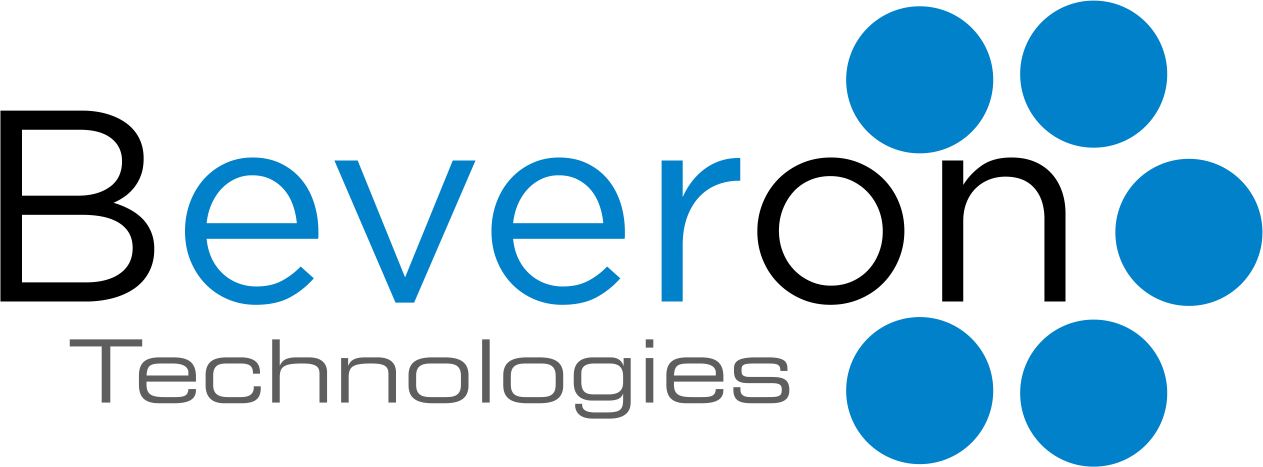

Beveron Smart Legal Counsel is the leading legal software for estate planning in Bahrain, offering A...

Beveron Smart Legal Counsel is the leading estate planning software in Kuwait, offering AI-powered a...

Beveron Smart Legal Counsel is the leading legal software for estate planning in the UAE, offering A...

The term "LegalTech Auditing" describes the process of conducting audits within the legal domain using technology, specifically legal technology, or LegalTech. To guarantee compliance, effectiveness, security, and peak performance, legal tech auditing procedures entail a methodical review and assessment of the technology and procedures inside a legal office. The following are essential procedures for LegalTech audits:
Install safeguards against data privacy and ethics:
Check to see if LegalTech tools adhere to ethical and privacy standards. Verify that the technology satisfies the legal profession's ethical standards and requirements.
Note Findings and Recommendations:
Keep a record of the audit's findings, including the evaluation's strengths and weaknesses. Provide recommendations for improvements, addressing any flaws or problematic areas.
Implement Continuous Monitoring:
Establish a framework for regular assessments and continuing observation of LegalTech systems. Regularly update audit protocols to consider new legal requirements and technological developments.
Indicate the objectives and constraints:
Indicate the objectives of the audit in clear terms, such as enhancing security, ensuring compliance, boosting productivity, and evaluating the usefulness of LegalTech tools. Establish which systems, practices, and information will be assessed as part of the audit's purview.
Analyze the rules and compliance requirements:
Check to see if LegalTech's procedures and equipment comply with all relevant legal and regulatory requirements. Analyze how the technology handles customer and personal data, keeping in mind industry standards and data protection laws.
Evaluate the system's security:
Check the security measures in place to protect sensitive and private information. Identify and address weak points in the encryption, authentication, and access control protocols.
Collaborate with the IT and security departments:
Work closely with the IT and security teams to address issues with technology, close security holes, and implement necessary updates. Promote collaboration between legal and technological experts to ensure a thorough plan for LegalTech auditing.
Assessing User Competency and Training:
Determine the degree of LegalTech tool expertise among legal practitioners. To ensure that users can maximize the use of the technology, ascertain what training is required, and then offer ongoing education.
Analyze Vendor Organizations:
Evaluate your relationships with LegalTech vendors in terms of service level agreements (SLAs), software update dependability, and support channels. Check to see if suppliers follow the security requirements and contract terms.
Audit the system's performance:
Analyze the LegalTech systems' scalability, reliability, and response times. Identify any hardware or software issues that might be affecting performance.
Review the workflow and procedures:
Review the current workflow and procedures to identify any inefficiencies, bottlenecks, or areas where automation could improve productivity. Assess how well LegalTech tools are integrated into everyday legal operations and how much they help to streamline processes.
Examine Data Management Approaches:
Examine procedures for data retrieval, backup, and storage to ensure data availability and integrity. Identify any issues with data management and offer solutions for improvement.
Beveron Technologies, based in Dubai, is offering its cutting-edge LegalTech auditing service specifically designed for law offices. This thorough evaluation offers insightful information about the technology infrastructure of your company, assisting you in finding areas for development, streamlining your operations, and reaching new heights of productivity and security. You can make sure your law office has the resources and technology it needs to succeed in the cutthroat legal market of today by following Beveron's professional advice.
Final Thoughts
Legal offices need to use legal tech auditing procedures if they want to maintain compliance, boost efficiency, stay competitive in a rapidly evolving technological landscape, and improve security. Legal professionals who regularly assess and enhance their IT infrastructure will ensure that they are ready to meet the demands of the modern legal environment.